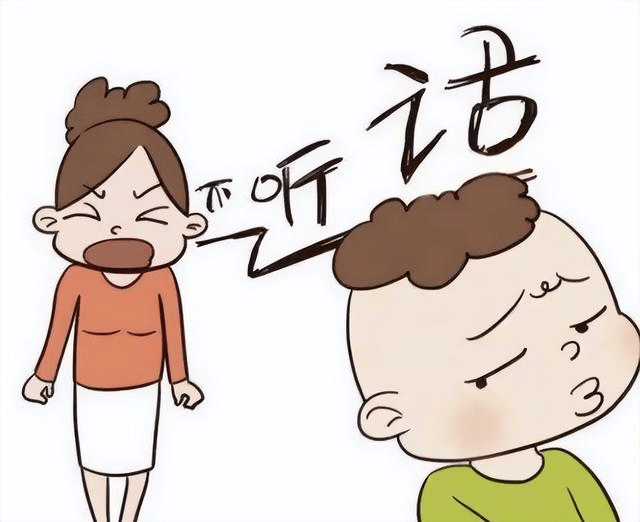In today’s society, the mental health issues of adolescents are increasingly gaining attention. As a city that emphasizes mental health education for adolescents, Wuhan actively explores and practices various effective models of mental health education to help young people better cope with the challenges of growth. Mental health education is not only an important component of adolescent physical and mental development but also a focus of concern for society and families.
First, adolescence is a critical stage for individual physical and mental development. Young people at this stage face challenges from multiple aspects, such as academic pressure, family expectations, and interpersonal relationships. Research shows that mental health status directly affects adolescents’ academic performance, social skills, and life satisfaction. Therefore, the implementation of mental health education is particularly important.
The city of Wuhan has adopted various measures in mental health education. First, schools serve as the main battleground for adolescent mental health education. Schools at all levels in Wuhan generally establish mental health education courses aimed at helping students recognize themselves, understand their emotions, and learn skills to cope with stress and solve problems. Through mental health courses, students can learn to identify and express their emotions in a relaxed atmosphere, thereby enhancing their psychological resilience.
In addition, Wuhan actively organizes mental health lectures and counseling activities, inviting professional psychological counselors and educators to provide guidance for students and parents. These activities not only help students solve psychological problems but also enhance parents’ awareness of adolescent mental health, allowing families to become a support system for adolescent mental well-being.
Besides schools and families, communities also play an important role in adolescent mental health education. Community centers in Wuhan regularly hold mental health promotion activities, helping adolescents and their families improve mental health awareness through knowledge dissemination and counseling services, thereby creating a good social support environment.
In the practice of mental health education, Wuhan particularly focuses on the needs of special groups. For example, personalized psychological counseling and support are offered to adolescents with prominent mental health issues. By establishing psychological intervention mechanisms, the city aims to promptly identify and assist those adolescents who may face psychological crises, reducing the incidence of mental health problems.
Furthermore, Wuhan pays attention to cultivating professional talents in mental health education. Through regular training and learning exchanges, it enhances the professional skills of teachers and counselors, enabling them to better serve the mental health needs of young people.
In summary, Wuhan’s efforts in adolescent mental health education reflect a high regard for the physical and mental development of young people. Through the joint participation of schools, families, and communities, a comprehensive mental health education system has been constructed. This not only helps enhance the psychological quality of adolescents but also lays a solid foundation for their future development. As society continues to progress, Wuhan will continue to explore and improve adolescent mental health education, safeguarding the healthy growth of young people.


